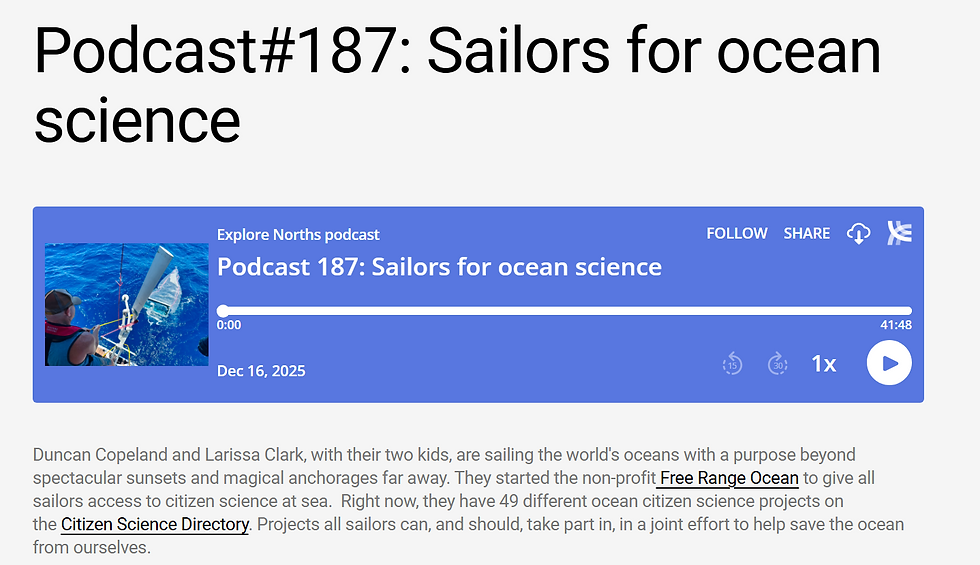Tragic story of J18
- Larissa Clark
- Sep 8, 2024
- 2 min read
During our time in Ucluelet, BC we were able to visit Canada's first acclaimed catch-and-release aquarium located on the traditional territory of the Yuułuʔiłʔatḥ – Ucluelet First Nation.
Ucluelet Aquarium is dedicated to raising awareness and respect for the local ocean environment through exhibits of marine life that inhabits the waters of Barkley and Clayoquot Sounds.
It was a brilliant experience and one we highly recommend.
I'll likely have a few blogs to post about it. But one story that stuck in my mind was about an Orca called J18, known also as "Everett".
J18 was a male southern resident killer whale whose life was tragically cut short at 18 years of age.
A necropsy revealed severe bacterial infection and stunted reproductive development. The necropsy also found high levels of polychlorinated biphenyls (PCBs) present in his tissues, which are known causes of immune and reproductive impairment.
PCBs are highly toxic chemical compounds historically used in products such as industrial lubricants, paints, and adhesives. These pollutants were released into the environment in huge quantities throughout the 20th century, making their way into our ocean, where they persist to this day.
By the process of "bioaccumulation", PCBs work their way through marine food webs, beginning with the smallest of organisms and eventually ending up in animals at the top of the food chain - such as killer whales like J18.
This was particularly interesting because the inaugural citizen science research with the GOES Foundation that our crew participated in aboard Freeranger when the boat journeyed from New Zealand to Canada in 2023.
Taking part in citizen science initiatives like this makes a real difference.
Do as we did (do!) and collect samples for the GOES Foundation who have created an observational study so that we can start to estimate the amount of toxic chemical in the deep ocean.
Or, you can help researchers monitor and learn more about the health and wellbeing of local cetacean (whale, dolphin, and porpoise) species by reporting your sightings to the Ocean Wise Sightings Network via the WhaleReport app .
The WhaleReport app also helps minimize the threat of vessel disturbance throughout British Columbia and Washington State by using real time sighting reports to alert ship captains of large commercial vessels, such as tankers and ferries, to the presence of whales nearby. This warns them to take measures to reduce the risk of strike and disturbance.
Interested in knowing more about how pollution is affecting B.C's coastal waters?
Check out Ocean Wise's Pollution Tracker website at pollutiontracker.org to learn more about the most common pollutants contaminating the marine environment and the areas that are most affected.
p.s. The lead image isn't J18 .. it's a photo by Farzn Dehbashi sourced from Unsplash because we didn't capture any Orca shots this summer!























Comments